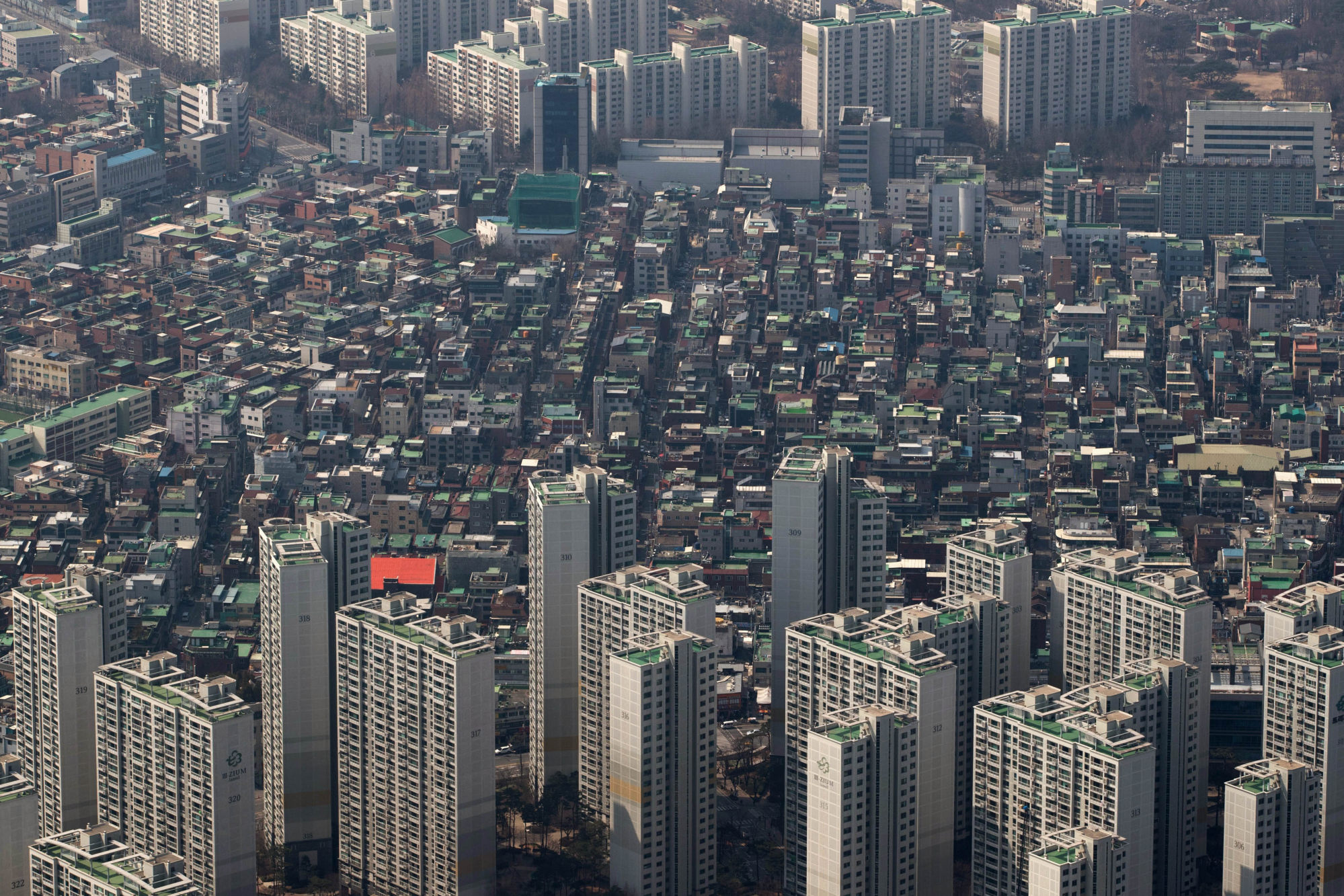As Chinese property ownership in South Korea triples, locals ‘struggle to buy a home’, politician says
The total combined size of the real estate increased to 20.81 million square meters from 16.09 million square meters over the cited period.
The value of the properties also increased to 3.69 trillion won (US$2.77 billion) from 2.84 trillion won.
“The data adds to concerns over a housing crisis as it shows Chinese nationals can increasingly go on a property shopping spree while many Koreans are struggling to buy a home,” the lawmaker said.
I am afraid that a Chinese buying spree can put upward pressure on housing prices
The lawmaker pointed out that by not allowing Korean nationals to own land there, China goes against the principle of reciprocity in international relations.
“I am afraid that a Chinese buying spree can put upward pressure on housing prices, and that Koreans living in our own land may end up as tenants of housing owned by Chinese nationals,” Hong said.

Separate data from the land ministry showed that Chinese nationals possessed more than half of all housing held by foreign nationals as of June 2023.
Foreign nationals owned a combined 87,223 homes, accounting for 0.46 per cent of all housing in the country.
Data from the Financial Supervisory Service (FSS) showed the outstanding balance of housing mortgage loans for foreigners offered by the four major commercial banks – KB Kookmin, Shinhan, Hana and Woori – amounted to 2.3 trillion won in the first half of 2023.
Korean first lady likened to Marie Antoinette over taking Dior bag from pastor
The amount was up 3.3 per cent from a year earlier, amid a steady increase in foreign nationals’ total housing loan balance.
It was 2.05 trillion won at the end of 2019 but rose to 2.23 trillion won at the end of 2020, and then to 2.29 trillion won at the end of 2021.
The outstanding balance for Chinese nationals in the January-June period of 2023 accounted for 1.33 trillion won, or 57.9 per cent of the total.
The 1.33 trillion won represented a 24.4 per cent increase from 1.07 trillion won at the end of 2019.